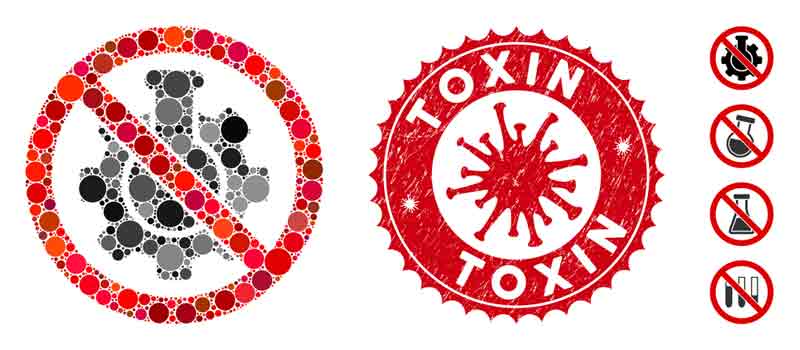Now that “Old Man Winter” has finally left us this year, it’s time to prepare your yard for Spring and Summer in order to keep your pets safe from hazards. You may think that your yard is already safe, and many people do not think about annual pesticides that go down in the summer months or about new plantings you put in at the first signs of spring. Are they safe for your pets?
Many people have annual contracts for spraying pesticides indoors and outdoors. Check with your pest control company to find out what chemicals they use and if they are toxic to pets. Even if they say they are safe for pets, it wouldn’t hurt to err in caution and keep your pets out of the areas that have been sprayed for the next 24-48 hours. We have provided you detail about toxins; if you want to explore your knowledge, look at more info.

There are also a fair amount of plants that are toxic to pets. You may not even think about this point as you purchase landscaping plants for your yard, with the excitement of putting in new plants and making your yard look nice. This is also the case with moving to a new house. You may forget to check the list of new plants in your new yard to see if they are compatible with pets.
One of the deadliest plants for dogs is the sago palm. Both the ball of the palm and the leaves are toxic to dogs, often leading to death. The seed produced by the saga palm is also toxic to pets. Saga palms are highly dangerous and toxic for retrievers. For some reason this breed is more prone to the toxins released in saga palms.
If you have a sega palm and your dog is outdoors and starts to be lethargic, is vomiting, has diarrhea or looks jaundiced, you should seek immediate treatment from your veterinarian. Other signs of poisoning include loss of appetite and hemorrhaging. It is important to get help as soon as symptoms appear, as 50% of dogs do not survive sago palm poisoning. Once ingested, the poisons start to shut down the liver.
Other common and colorful plants that are toxic to pets are hydrangea, wisteria, monkshood, foxglove, delphinium, and even privet hedges.
If you have a plant in your yard that you are not sure of, do a search on the internet or place a call to your veterinarian. He or she will be happy to assist you. It’s better to be pro-active and err on the side of caution when our precious pets are concerned.
Source:
225BatonRouge

